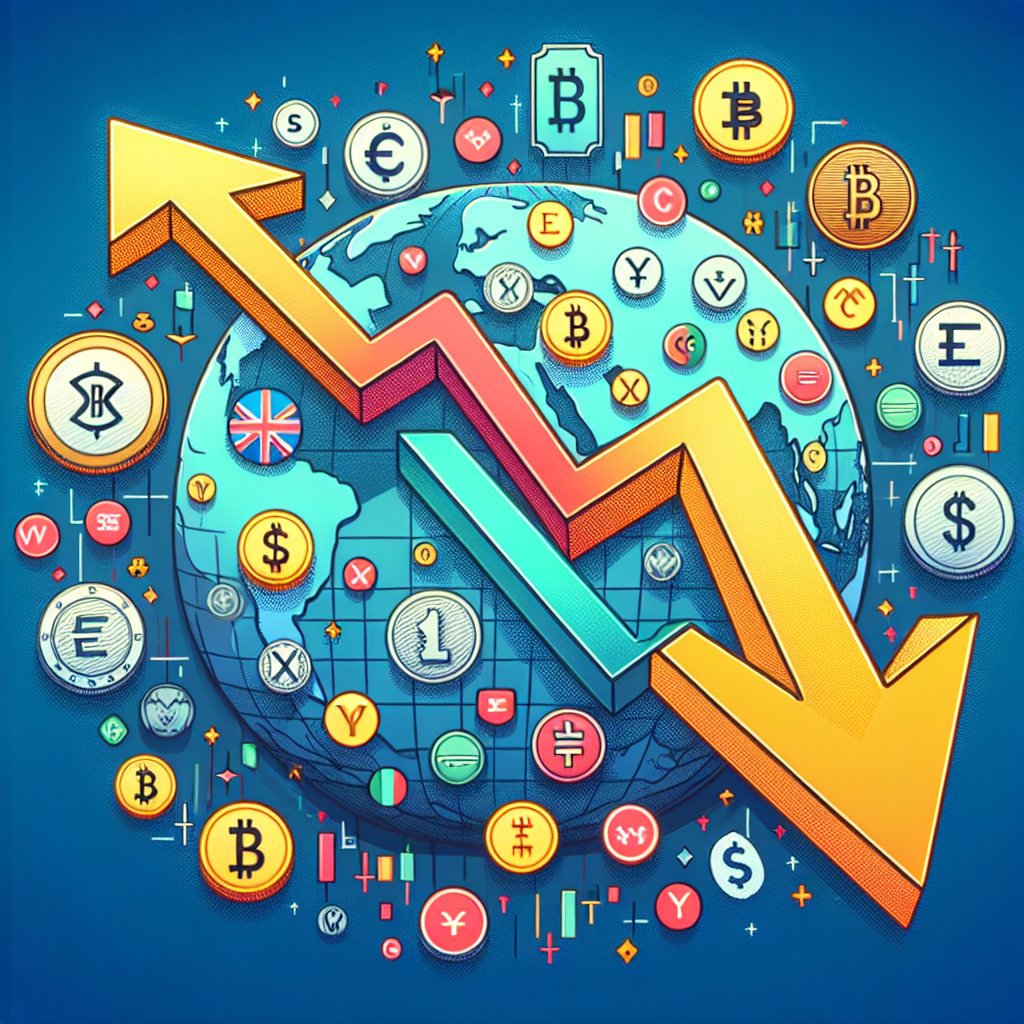Altcoins
BRICS Strategy Signals US Dollar’s Decline, Russian Official Asserts

Russian officials have recently voiced strong opinions regarding the future of the U.S. dollar in the global economy, suggesting that its role as the world’s primary reserve currency may be under threat. According to these officials, the actions of BRICS nations, which include Brazil, Russia, India, China, and South Africa, could signal a shift towards alternative currencies, thereby diminishing the dollar’s dominance.
The statement from Russian Foreign Minister Sergey Lavrov emphasized the belief that the Western nations, particularly the United States, have utilized the dollar as a “weapon of oppression.” Lavrov suggested that this has not only strained international relations but has also accelerated discussions among BRICS countries about establishing a more balanced and multipolar financial system.
Lavrov’s assertions come at a time when BRICS nations have been increasingly vocal about their dissatisfaction with the current global economic order. These countries have been exploring the creation of a new currency framework that could potentially reduce their reliance on the U.S. dollar. Such a move is viewed as a response to the geopolitical tensions and economic sanctions that have often been spearheaded by the U.S., leveraging the dollar’s reserve status.
The idea of a new BRICS currency has been floated in various forums, with discussions highlighting the potential benefits of a currency that reflects the economic diversity and strength of the member nations. This potential currency is seen not only as a way to insulate member countries from economic sanctions but also as a means to facilitate trade more efficiently within this bloc.
The shift away from the dollar is not merely a theoretical exercise. Recent developments indicate that BRICS nations have been taking tangible steps toward financial independence. For instance, there has been a noticeable increase in bilateral trade agreements within the BRICS countries that bypass the dollar, opting instead for local currencies or other alternatives. Such moves are seen as critical steps in reducing the dependency on the dollar and fostering a more diversified monetary landscape.
The implications of such a development could be significant. A reduced reliance on the U.S. dollar might limit the effectiveness of financial sanctions, a key tool in the diplomatic arsenal of Western nations. Moreover, it could lead to broader economic shifts, as countries outside BRICS might also consider diversifying their foreign exchange reserves.
Despite these considerations, experts caution that the transition from the dollar will not happen overnight. The dollar currently accounts for a significant portion of global reserves and international transactions, and any shift away from it requires careful planning and cooperation among major economies. Additionally, the trust and stability associated with the dollar are deeply entrenched in global trade practices, making abrupt changes unlikely.
Nevertheless, the discussions within BRICS reflect a growing sentiment among emerging economies that the time has come for a reevaluation of the international monetary system. These nations argue that a more equitable currency framework could promote fairer global trade practices and reduce the economic volatility associated with currency dominance.
As the geopolitical landscape continues to evolve, the role of the U.S. dollar remains a focal point of international economic strategy. The strategic moves by BRICS could herald a new era in global finance, where no single currency holds overwhelming sway. This potential shift underscores the dynamic nature of global economics and the continuous efforts of nations to shape a financial system that aligns with their strategic interests.
In this context, the dialogue surrounding BRICS and alternative currency development serves as a reminder of the complexities underpinning global economic relations. As countries navigate this intricate web of economic dependencies and alliances, the future of the dollar as the world’s reserve currency remains a subject of intense debate and strategic maneuvering.
-

 Press Releases2 years ago
Press Releases2 years agoGaming Technologies of the New Time!
-

 Altcoins12 months ago
Altcoins12 months agoBitcoin Declines Below $80K: deVere CEO Nigel Green Remains Bullish on Long-Term Outlook Following Strategic U.S. Bitcoin Reserve Announcement
-

 Altcoins11 months ago
Altcoins11 months agoCalls for Enhanced Discussion on Bitcoin as Brazil’s Reserve Asset: A Move Towards ‘Internet’s Gold’
-

 Bitcoin1 year ago
Bitcoin1 year agoBitcoin Surges Past $64K as SEI and POPCAT Lead Daily Crypto Gains on September 25
-

 Press Releases2 years ago
Press Releases2 years agoEvo Exchange: Redefining the Decentralized Exchange Landscape
-

 Bitcoin7 months ago
Bitcoin7 months agoGrayscale Investments Submits Draft Registration for IPO, Aiming for Public Trading in U.S.
-

 Press Releases1 year ago
Press Releases1 year agoCODE, a Newly Born Project Brings Decentralization Back to the Main Menu
-

 Bitcoin7 months ago
Bitcoin7 months agoPeter Schiff Critiques New Crypto Legislation, Claims Bitcoin (BTC) Gains are Short-Lived




